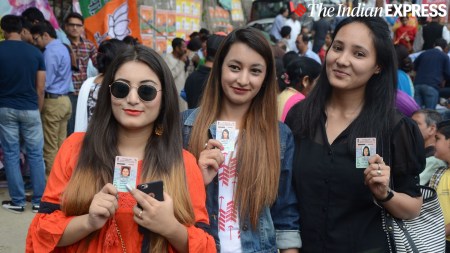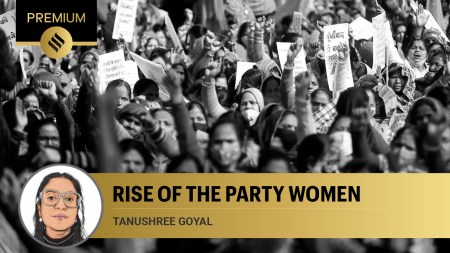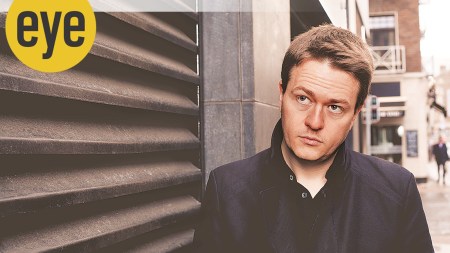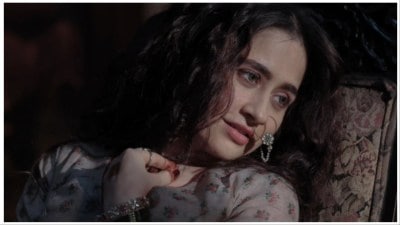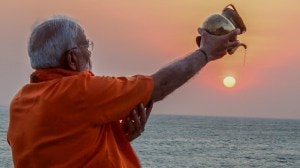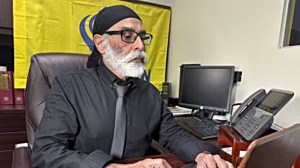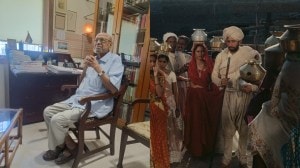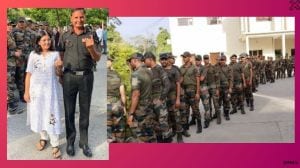- India
- International
Actor-director Danish Husain celebrates 11 years of his group with a play on Sahir Ludhianvi
Husain, with his group the Hoshruba Repertory, will perform with a festival of plays at Mumbai’s Prithvi Theatre till September 17, including a new production, Main Pal Do Pal Ka Shayar Hoon, based on the life of Ludhianvi
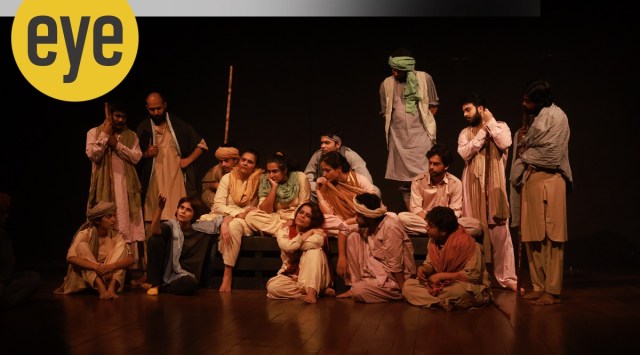 Husain's group, Hoshruba Repertory, rehearses Ek Punjab Yeh Bhi, at Prithvi Theatre, Mumbai
Husain's group, Hoshruba Repertory, rehearses Ek Punjab Yeh Bhi, at Prithvi Theatre, Mumbai Actor-director Danish Husain’s experience with Sahir Ludhianvi can strike a chord throughout India. When the heart is broken, there is Humne to jab kaliyan mangi kaaton ka haar mila, while Yeh duniya agar mil bhi jaye toh kya hai (Pyaasa, 1957) has the appeal of meeting defeat with defiance. When one is snubbed and decides to take it on the chin, there is always Main zindagi ka saath nibhata chala gaya (Hum Dono, 1961). “That’s the thing about great literature. It rises above personal experience, becomes universal, and then gets absorbed in a very personal level by the listener,” says Husain.
He is celebrating 11 years of his group, the Hoshruba Repertory, with a festival of plays at Mumbai’s Prithvi Theatre till September 17. To bring the curtain down on the event, Husain has planned a new production, Main Pal Do Pal Ka Shayar Hoon, based on the life of Ludhianvi. It sold out 15 days before the date — a testimony to the appeal of Ludhianvi’s poetry and songs and the fine productions of Hoshruba Repertory.
Ludhianvi emerges as a figure who speaks truth to power. One of the scenes is set in 1969, when the government of India decided to mark the 100th anniversary of Ghalib’s death. Ludhianvi goes on stage and tells the audience, which includes a Cabinet minister in the front row, that Urdu has been mistreated since Independence as the language of the enemy. So, why is the government bothered about felicitating a poet of that language?
Husain’s body of work cuts across languages and genres, including Chinese Coffee and Qissa Urdu Ki Aakhri Kitaab Ka. His storytelling is evident in Qissebaazi, which centres around underdog protagonists, the Davids of the world who take on the Goliaths and win through their values, integrity and honesty.
Husain could be a character of his own theatre. He was brought up in Delhi, where his parents taught at Delhi University. The environment at home was of learning and culture. But, after graduating from the Delhi School of Economics, getting an MBA and working in well-known banks, Husain gave it all up.

The 1990s were the time Shah Rukh Khan and Manoj Bajpayee became huge with Dilwale Dulhaniya Le Jayenge and Satya, respectively. Both were from theatre and the word in Delhi was that the guru who had taught them was Barry John. “I just picked up the phone and called Barry. He asked me to do a workshop first and that’s how it began,” says Husain. He has been on stage since that workshop in 1999, which was followed by two plays with John’s Theatre Action Group, Khamosh! Adalat Jaari Hai, which was an adaptation of Vijay Tendulkar’s Marathi play Shantata! Court Chalu Aahe, and Kishwar Ahluwalia’s Manto.
For three years, Husain went for rehearsals and performances after his day job at the bank. “Finally, I felt that I could not take the bank job anymore. It would not leave me with enough resources, physically, emotionally or intellectually to focus on what I wanted to do. I didn’t want to end up as another amateur actor in Delhi,” he says. When he put in his papers, his manager did not believe he was leaving for theatre and not to join another bank.
Interestingly, his mother told him to be so good that people who had nothing to do with theatre would recognise him. The example she gave was of Habib Tanvir, the doyen who gave the Indian stage a new identity. Husain had followed up his theatre with John by working with several stalwarts of Delhi theatre. In 2004, none other than Tanvir selected him for Agra Bazaar. “Call it serendipity or karma, but the loop closed and I ended up being with Habib saheb,” says Husain.
Husain was instrumental in reviving the lost art of Dastangoi with Mahmood Farooqui and, in 2008, he won the Mahindra Excellence in Theatre Award for Best Supporting Actor for playing Shams Tabrezi in Sohali Kapur’s Rumi: Unveil the Sun. In 2014, when he had become well-known in Delhi, Husain left for the unfamiliar world of films in Mumbai.
He keeps persisting with his kind of stories. Among the early plays Husain created in Mumbai was Guards at the Taj, which looks at power and subjugation as well as ideas of duty, friendship and art. It was made for Aadyam, a theatre property of the Aditya Birla Group.
Today, Husain is a familiar face on OTT series and films, from the Oscar-nominated Newton (2017) and Mee Raqsam (2020) to Bard of Blood (2019), Taj Mahal 1989 (2020), Bombay Begums (2021) and Delhi Crime Season 2 (2022). He has also started a content company with the writers, Kundan Shashiraj, and Vikas Awana. “We want to create stories for the screen. It will be the kind of stories that shaped us, brought us to where we are today and will take us forward,” he says.
Jun 02: Latest News
- 01
- 02
- 03
- 04
- 05



